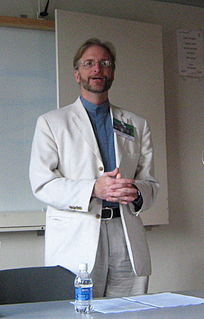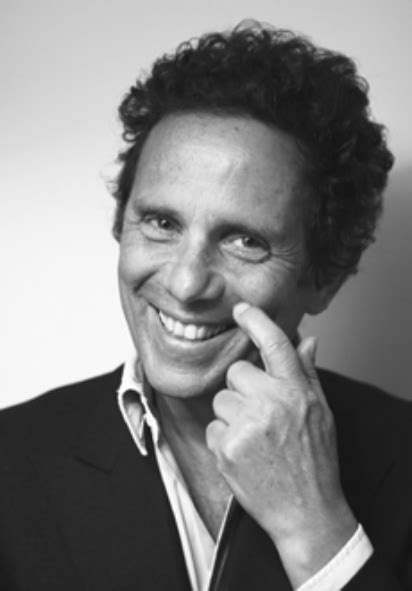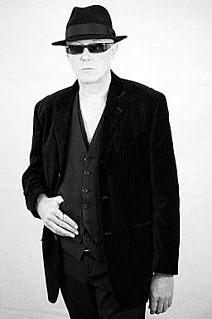A Quote by Arthur Slade
As with all types of writing, fantastical fiction depends on the same basic rules.
Related Quotes
Writing fiction is very different to writing non-fiction. I love writing novels, but on history books, like my biographies of Stalin or Catherine the Great or Jerusalem, I spend endless hours doing vast amounts of research. But it ends up being based on the same principle as all writing about people: and that is curiosity!
Horror fiction seems to spawn more dumbass 'rules' than any other kind of writing, and one of the dumbest is the assumed 'requirement' of a twist ending, going all the way back to H.H. Munro. This story is also the result of a long rumination on how stories are sometimes scuttled or diminished by succumbing to such 'rules'.


































